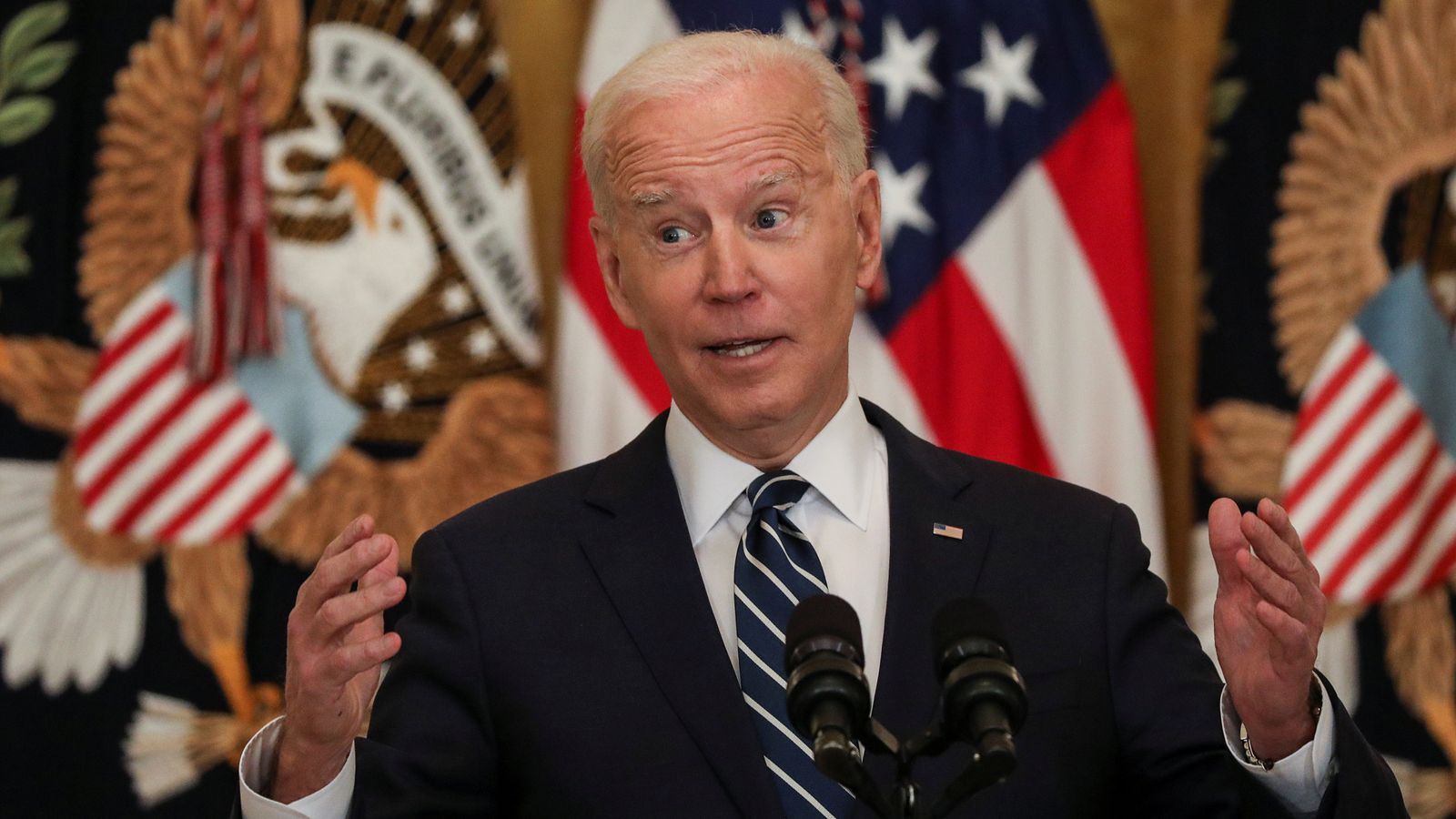Tax competition is a relatively young phenomenon.
Its rise can be dated to the 1990s when, as restrictions on the movement of capital around the world were loosened, governments realised they could attract businesses and jobs by setting a corporate tax rate lower than that of their neighbours.
The Republic of Ireland, which currently has a corporate tax rate of 12.5%, is a good example of a country that has attracted billions of dollars in foreign direct investment on the back of tax competition.
Ireland, whose low corporate tax regime actually dates all the way back to 1956, is reckoned to have attracted more than 700 companies from the US alone to its shores as a result of the policy.
It has gained momentum as more countries have shifted to service-based economies in which businesses increasingly use fewer ‘tangible’ assets like buildings and machinery and more ‘intangible’ assets like intellectual property. The latter are easier to shift from place to place than the former.
Yet the practice has also attracted criticism. Other EU countries, particularly Germany, have deplored Ireland’s low corporate taxes and especially when the EU has sought to harmonise tax rates in other levies such as VAT.
More recently, tax competition has been criticised for the way it has enabled tech companies in particular to divert their profits to low-tax jurisdictions by registering their intellectual property there.
Now the United States is seeking to push back the tide.
Janet Yellen, the new US Treasury secretary and former chairman of the US Federal Reserve, said in a speech on Monday to the Chicago Global Affairs Council that there had been a “30-year race to the bottom on corporate tax rates”.
She added: “We are working with G20 nations to agree to a global minimum corporate tax rate that can stop the race to the bottom. Together we can use a global minimum tax to make sure the global economy thrives based on a more level playing field in the taxation of multinational corporations, and spurs innovation, growth, and prosperity.”
Her words have been greeted with delight by multinational organisations such as the Organisation for Economic Co-operation and Development (OECD) and the International Monetary Fund (IMF).
Gita Gopinath, director and economic counsellor at the IMF, said: “We have long been in favour of a global corporate minimum tax, it is a huge concern that we have a lot of tax evasion, the countries that send money to another.”
Individual finance ministers – chiefly from high tax jurisdictions – also welcomed Ms Yellen’s comments.
Olaf Scholz, the German finance minister, said they were “a big step forward” while Bruno Le Maire, the French economy minister, said countries should “seize this historic opportunity”.
Just because a lot of people are in favour of such an agreement, though, does not mean it will happen.
The key question is the level at which such a tax rate would be set.
A clue to this is where the Biden administration has set the so-called GILTI – the Global Intangible Low-Taxed Income rate of tax.
This was created by Joe Biden’s predecessor, Donald Trump, in 2017 in an attempt to get more companies to bring their overseas profits back to the US. Before then, US companies were taxed on their worldwide income, but could defer tax on the earnings they made overseas until those earnings came back to the US in the form of dividends.
The Trump administration initially considered exempting the foreign earnings of US companies from tax but worried that this might encourage them to shift even more of their profits abroad. So it created a new minimum tax on income from ‘intangibles’, like patents and trademarks, to discourage this.
This tax rate, the GILTI, was set at 10.5%. It effectively sets a minimum tax rate on the earnings of US multinationals.
However, critics say the rate is too low and does not generate enough revenue for the US government, which is why Mr Biden is proposing to double the rate to 21%.
So that is likely to be the level at which a rate could be set.
Ms Yellen has also dropped a potential obstacle towards a global deal. Steve Mnuchin, her predecessor, had supported reforms to the international tax regime but had insisted on a so-called ‘safe harbour’ regime that would have allowed large US tech companies to opt out of new tax rules governing digital services. These were seen as a stumbling block to any agreement.
Another issue is how those countries pushing for harmonisation of corporate taxes can persuade others to accept it. Countries like Singapore, Ireland, Hong Kong, Switzerland and a number of Caribbean nations will not give up their right to set low corporate tax rates easily.
Pashal Donohue, Ireland’s finance minister, has already made clear his concerns.
He said: “The focus on a global minimum tax rate is a prospect that I do have reservations about – on what would be the impact of that on the competitiveness for smaller and medium-sized companies that do have lower rates of corporate taxation and use that as part of their overall competitive model.”
Expect to hear claims from these countries that they are being bullied by larger countries – claims that will be well received by a supportive public.
Ireland’s low corporate tax rate, for example, is popular with its electorate and has been praised by no less a person than Bono.
The musician and anti-poverty campaigner, arguably the world’s most famous living Irish person, told The Observer in 2014: “We are a tiny little country, we don’t have scale, and our version of scale is to be innovative and to be clever, and tax competitiveness has brought our country the only prosperity we’ve known.
“That’s how we got these companies here. We don’t have natural resources, we have to be able to attract people.”
Meanwhile, even if the principle of a global corporate tax rate is agreed, other arguments lie ahead. One of those would be how to police the system and the extent to which tax collection agencies around the world would be prepared to exchange and share information. Another would be on how to divvy up the taxes paid by a big multinational company between the countries where it achieves its profits.
Supporters of a minimum rate of corporate taxation argue it is an idea whose time has come and especially when both the Trump and Biden administrations supported the principle.
But that does not mean any kind of international agreement is imminent.






















